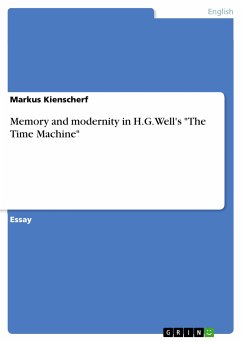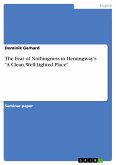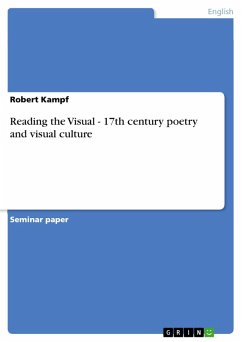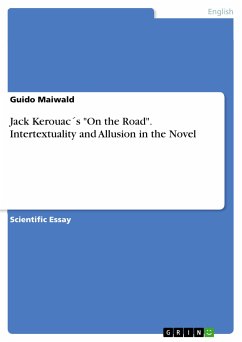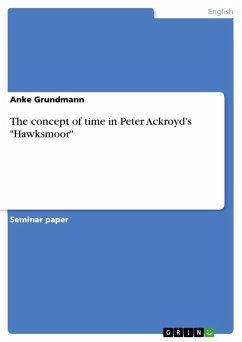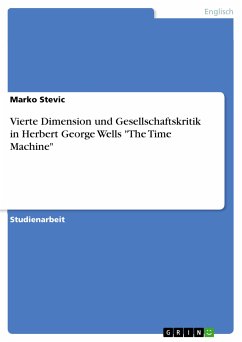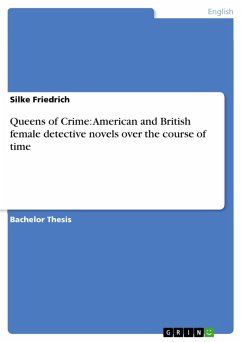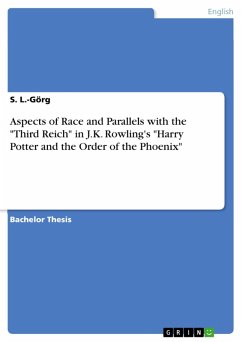Essay from the year 2004 in the subject English Language and Literature Studies - Literature, grade: Distinction, University of Newcastle upon Tyne (School of English Literature, Language and Linguistics), course: Reading the Past, language: English, abstract: The semantic field opened up by the term modernity describes a multifaceted body of experiences that are seen as somehow different from earlier, more traditional modes of experience. This modern "experience of space and time, of the self and others, of life's possibilities and perils" seems to be marked by a sense of perpetual change brought about by the continuous and relentless application of techno-scientific knowledge (Berman 1983:2). The perpetually shifting paradigms of scientific knowledge and the social consequences of the application of techno-science to the subjugation of nature undermine any notion of stability and continuity. Pierre Nora's use of the phrase "acce leration of history" to signify "an increasingly rapid slippage of the present into a historical past that is gone for good" crystallizes the general sense of uncertainty which is often seen as an integral part of modern experience (Nora 1989:7). In the following passage Nora introduces a distinction between memory and history: On the hand, we find an integrated, dictatorial memory - unself-conscious, commanding, allpowerful, spontaneously actualizing, a memory without a past that ceaselessly reinvents tradition, linking the history of its ancestors to the undifferentiated time of heroes, origins, and myth - and on the other hand, our memory, nothing more in fact than sifted and sorted historical traces (Nora 1989:8) . In order to critique "how our hopelessly forgetful modern societies, propelled by change, organize the past" Nora juxtaposes an archaic, undifferentiated, mythical form of memory, which ties a community organically to its past with modern historiography, which produces simulacra of a memory that has been destroyed by modern history (Nora 1989:8). Max Horkheimer and Theodor Adorno locate the source of modernization and its vicissitudes in the enlightenment conception of knowledge as a tool to "conquer[] superstition, [and] to rule over a disenchanted nature (Horkheimer and Adorno 2002:2). By exorcizing myths the Enlightenment becomes - through a dialectical twist - its own myth.
Dieser Download kann aus rechtlichen Gründen nur mit Rechnungsadresse in A, B, BG, CY, CZ, D, DK, EW, E, FIN, F, GR, HR, H, IRL, I, LT, L, LR, M, NL, PL, P, R, S, SLO, SK ausgeliefert werden.

